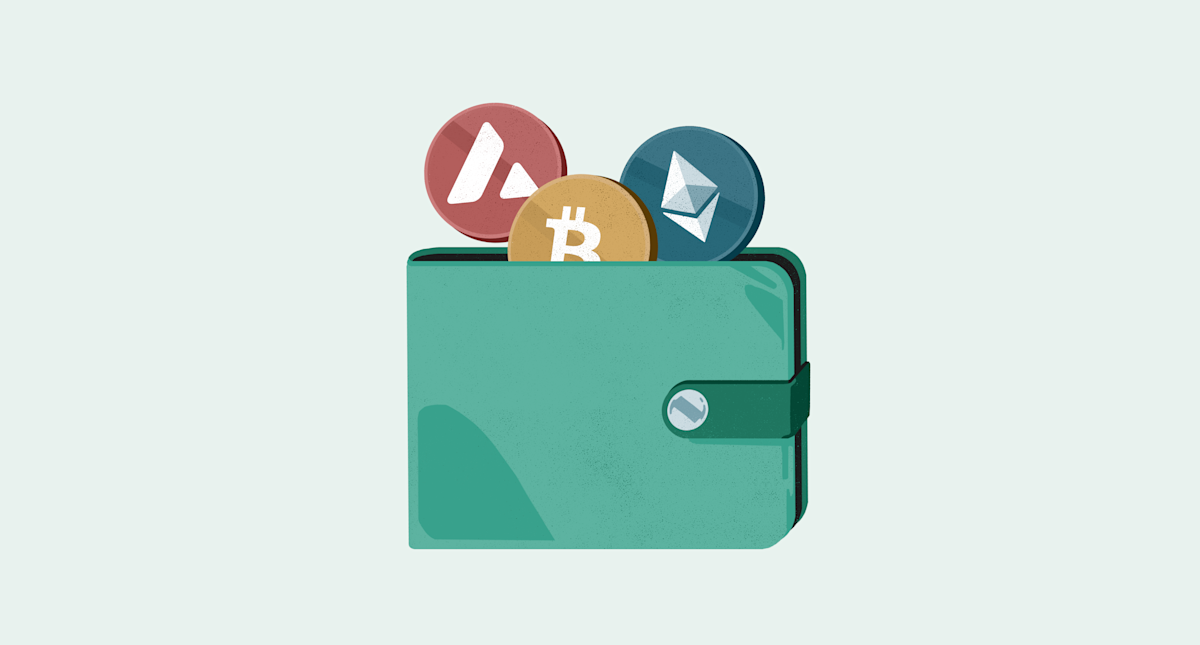Understanding the Basics of Cryptocurrency Wallets
Introduction
Cryptocurrency wallets are essential tools for anyone entering the world of digital currencies. Whether you're a beginner or an experienced trader, understanding how wallets work is crucial to safeguarding your assets and navigating the cryptocurrency landscape effectively.
Image Source: Unsplash
What is a Cryptocurrency Wallet?
A cryptocurrency wallet is a digital tool that allows users to store, send, and receive cryptocurrencies like Bitcoin, Ethereum, and others. Unlike traditional wallets that hold physical cash, cryptocurrency wallets store private keys, which are used to access and manage your digital assets securely on the blockchain.
Types of Cryptocurrency Wallets
Hardware Wallets: These are physical devices (similar to USB drives) that store your private keys offline, providing the highest level of security. Popular hardware wallets include Ledger Nano S and Trezor.
Software Wallets: Software wallets are applications or programs that can be installed on your desktop, mobile phone, or accessed online. They are convenient for daily transactions but require careful security measures.
Paper Wallets: A paper wallet is a physical document that contains your private keys and public addresses printed on paper. It offers a secure way to store cryptocurrency offline, away from potential online threats.
Online/Web Wallets: These wallets are hosted on the cloud and can be accessed from any device with an internet connection. While convenient, they are considered less secure than hardware or paper wallets due to potential cybersecurity risks.
How to Choose the Right Wallet
Choosing the right cryptocurrency wallet depends on several factors, including:
- Security: Assess the security features of the wallet, such as encryption methods and backup options.
- User Interface: Consider the ease of use and accessibility of the wallet’s interface.
- Supported Assets: Ensure the wallet supports the cryptocurrencies you intend to store or trade.
- Community Trust: Look for wallets with a positive reputation and strong community trust.
Best Practices for Securing Your Wallet
Backup Your Wallet: Always keep a secure backup of your wallet’s private keys and recovery phrases.
Enable Two-Factor Authentication (2FA): Add an extra layer of security by enabling 2FA on your wallet and associated accounts.
Update Regularly: Keep your wallet software up to date with the latest security patches and features.
Use Strong Passwords: Create strong, unique passwords for your wallet and avoid using easily guessable information.
Conclusion
Understanding cryptocurrency wallets is fundamental to managing and protecting your digital assets. Whether you opt for a hardware wallet for maximum security or a software wallet for convenience, practicing good security habits is key to safeguarding your investments in the evolving world of cryptocurrencies.
For more insights and updates on cryptocurrencies, visit Crypto Kill You and stay informed with our latest articles and guides.



Comments
Post a Comment